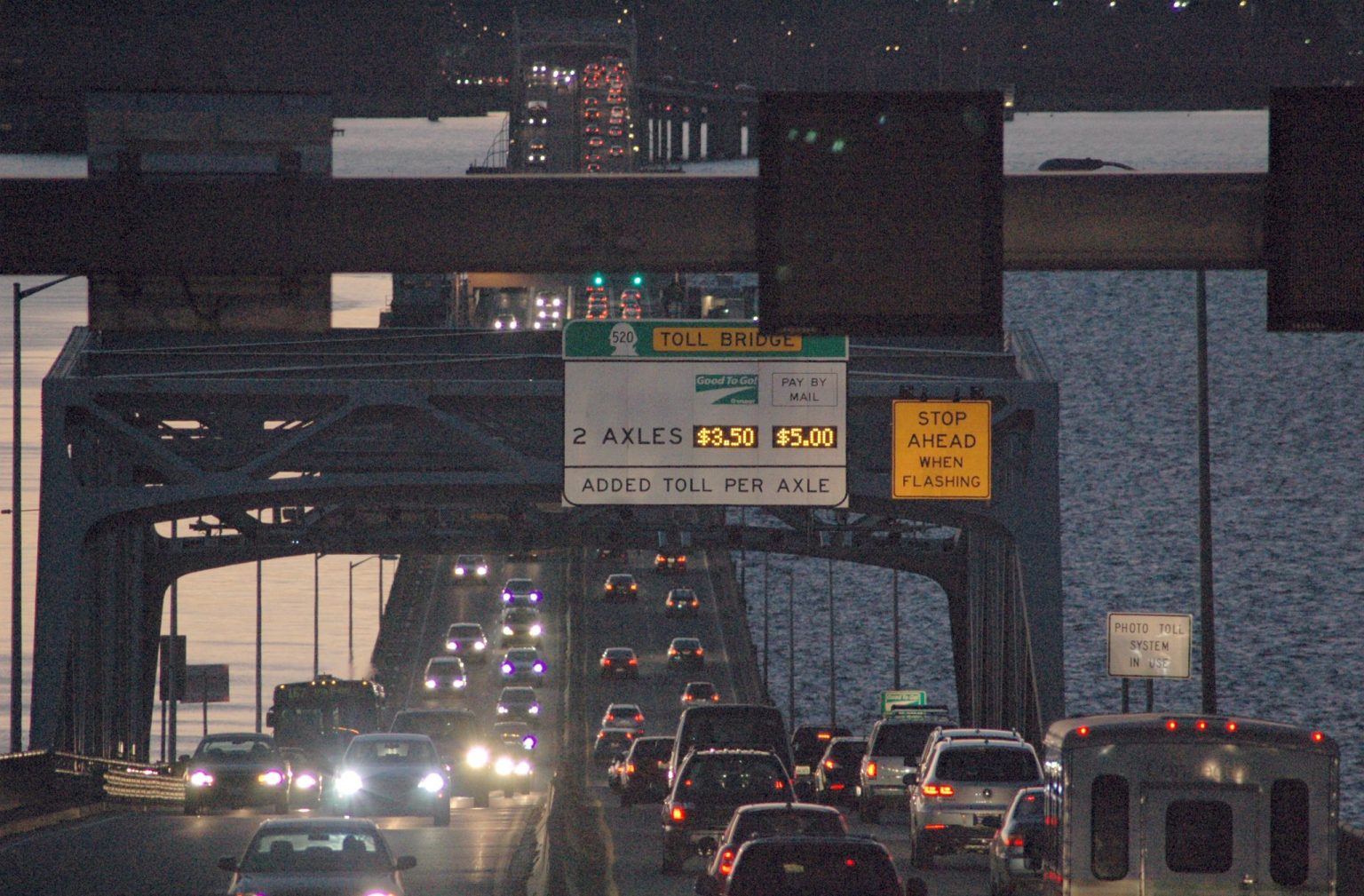The Washington State Department of Transportation is cautioning customers against using the Seattle-based bill payment company Doxo to pay Good to Go! toll bills. Customers have experienced confusion, complaints, and frustration when paying tolls through Doxo, as payments may be delayed in reaching the state agency, resulting in additional late fees. WSDOT is making efforts to educate customers on the proper ways to pay their toll bills and is inserting flyers in Good to Go! bills mailed to Washington drivers to warn them about using Doxo as a bill-paying service.
Founded in 2008, Doxo helps people manage and pay their bills in one place, using any card or bank account. The company’s bill payment page for Good to Go! is clearly branded, and users are made aware that they are paying with Doxo and not affiliated with Good to Go! Users are presented with their specific payment delivery date before submitting payment and must confirm that it is prior to their due date. Doxo outlines details about its payment delivery process, including any fees that may be associated with the payment.
Doxo claims that hundreds of thousands of users in Washington state and the greater Seattle metro area have used their platform to pay bills, with Good to Go! being the 37th most common bill paid. However, in April, the U.S. Federal Trade Commission filed a lawsuit alleging that Doxo has deceived consumers into thinking it is an official channel for bill payments, adding unwanted fees and using web design tricks to sign them up for unwanted subscriptions. Despite the lawsuit, Doxo denies any wrongdoing and states they have helped over 10 million people pay their bills efficiently.
Backed by investors including Jeff Bezos, Doxo is led by co-founder and CEO Steve Shivers. The company recently raised $18.5 million in funding in 2022. WSDOT emphasizes that it has been mailing between 13,000 and 16,000 toll bills per month in 2024, with the number increasing during summer travel months. The agency includes flyers with every bill to provide customers with helpful information and differentiate its notices from phishing attacks by scammers impersonating Good To Go! and WSDOT, as fraudulent emails and texts have been sent seeking payment for past due toll bills.
Overall, WSDOT is making efforts to educate customers on the risks associated with using Doxo to pay Good to Go! toll bills and warn them about the potential for delayed payments and additional fees. Doxo, on the other hand, claims to have helped millions of people efficiently pay their bills but has faced legal challenges from the FTC over alleged deceptive practices. It is important for customers to be aware of the payment options available to them and to carefully consider the implications of using third-party bill payment services like Doxo.











